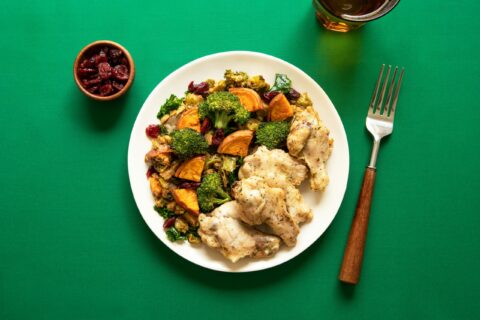
The Fundamentals of Sports Nutrition: How to Use Intuition to Improve Fueling
Data has its benefits, but only when we learn to apply an intuitive approach to our fueling can we unlock the most efficient and healthy sports nutrition habits.

Data has its benefits, but only when we learn to apply an intuitive approach to our fueling can we unlock the most efficient and healthy sports nutrition habits.
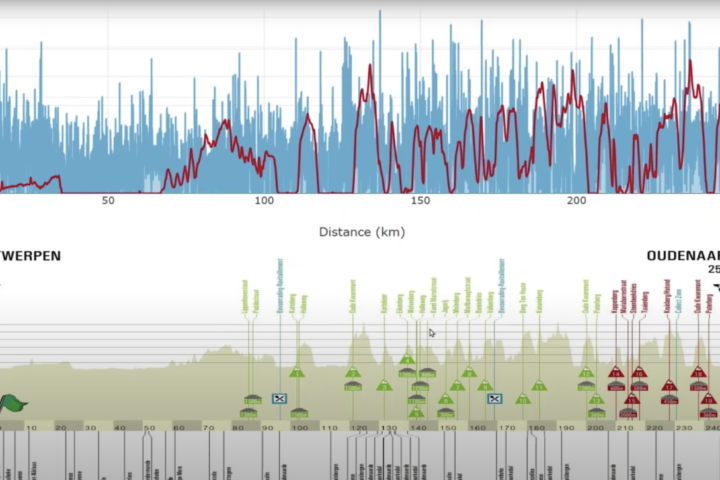
Crunching numbers is one thing, but if you want to turn data into victory, here are a few key things you should do and a few things to avoid.
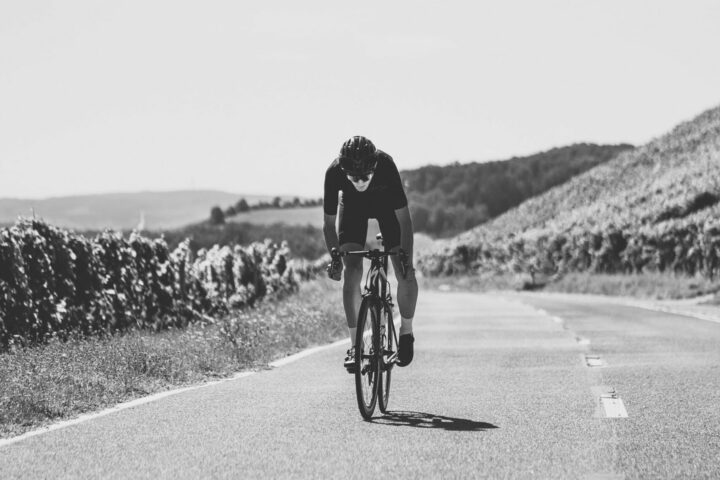
HIT has many proven benefits and several big limitations. Trevor Connor explores how HIT works, its effects, and the most effective high-intensity interval workouts you can choose for specific gains.
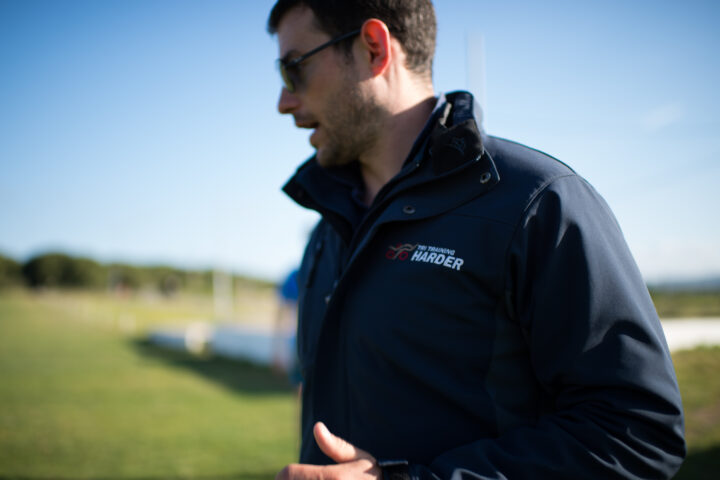
When and why did you start a coaching business? I started the business in 2010 while at university. Initially, I was all set to go into the Army. However, Tri Training Harder took over. A couple of friends and I set up the business to get some work experience as we needed a summer internship […]

Your billable rate is a key metric that will inform nearly every decision that you need to make in running a business. Gordo Byrn applied the same approach he took with his financial consulting business to his coaching business.
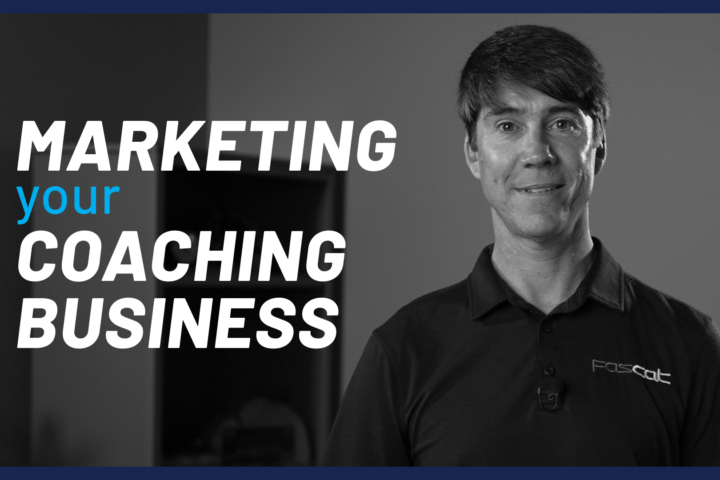
Frank Overton of FasCat Coaching streamlines a strategy for cost-effective marketing that can be scaled to fit any business. Couple a simple website with smart content marketing and you can get real traction that leads to growth.
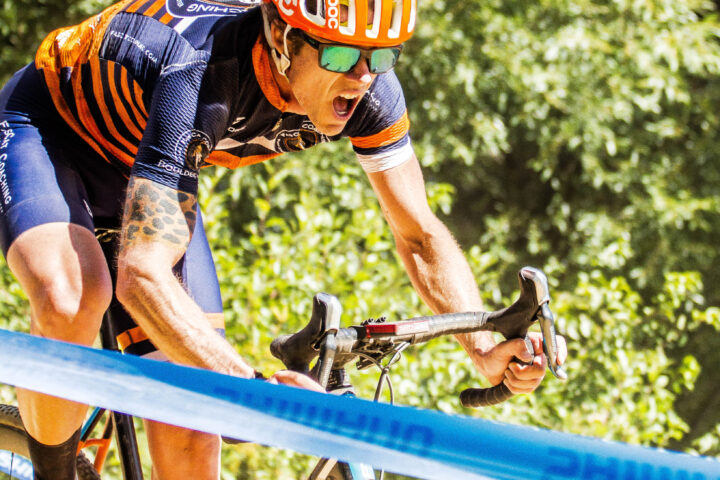
As FasCat Coaching grew, it opened a brick-and-mortar performance center and sold power meters. Once the market was saturated, Frank Overton took his business virtual and set his sights on coaching athletes nationwide.
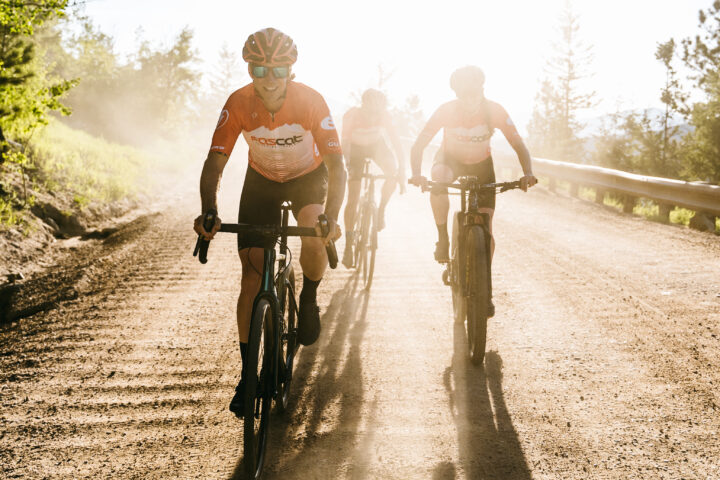
Frank Overton and Mike Ricci share more detail about their marketing strategies, both of which place a strong emphasis on attracting athletes with solid training advice.
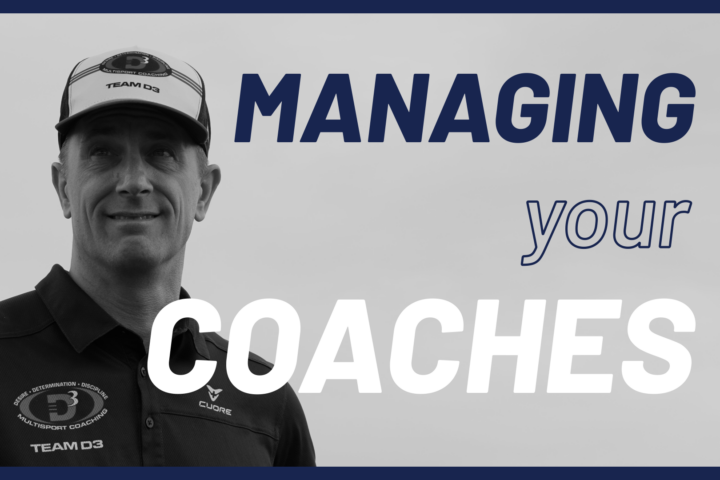
Mike Ricci of D3 Multisport started out with a goal of getting to 100 athletes. He quickly realized he was going to need to hire more coaches. He describes the mistakes he made early in his career and how he manages his business now.
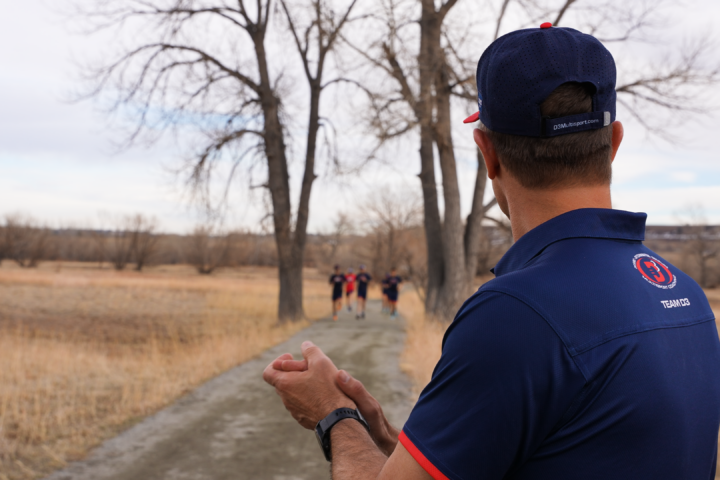
As a business owner, Mike Ricci personally interviews prospective athletes so he can match them with the coach who is best-suited to help them reach their goals.
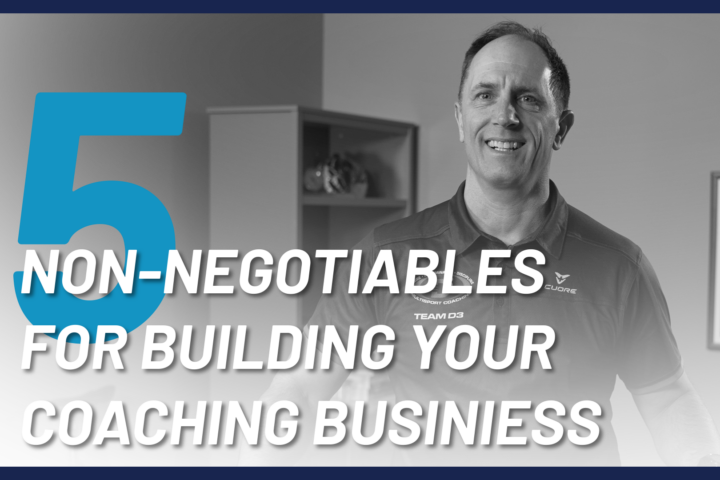
A good contract positions your coaching business for growth by creating opportunity and defending against unforeseen threats. Use your contracts to clearly define expectations for members of your coaching team.
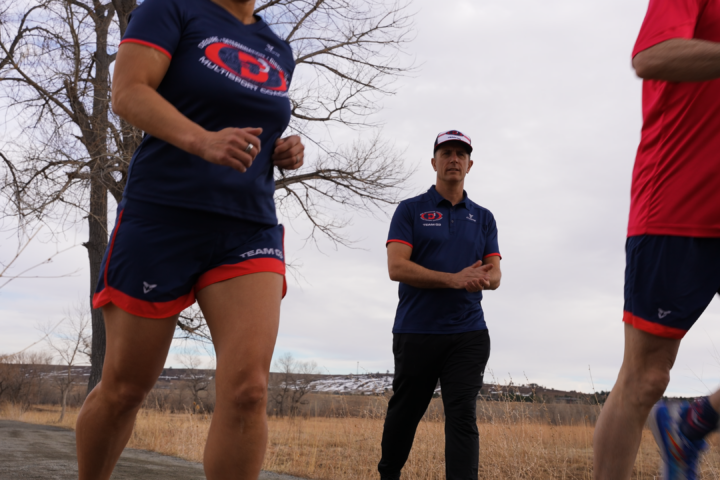
Frank Overton and Mike Ricci describe how they go about hiring coaches to join their team. With hindsight on their side, these coaches explain why people and process factor heavily into their hiring decisions.
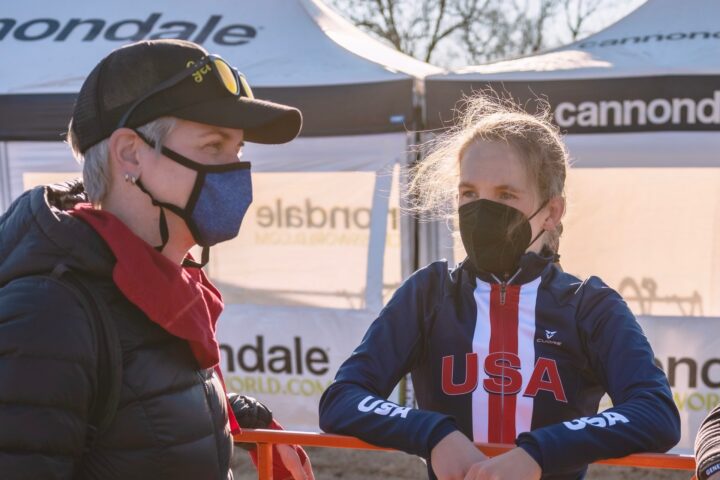
Wenzel Coaching is a Portland-based business co-founded by former pro cyclist Kendra Wenzel. Today she coaches athletes at the highest level of the sport and equips her team of coaches to work with a wide range of clients. Find out more about her winning formula and her commitment to growing the sport of cycling.
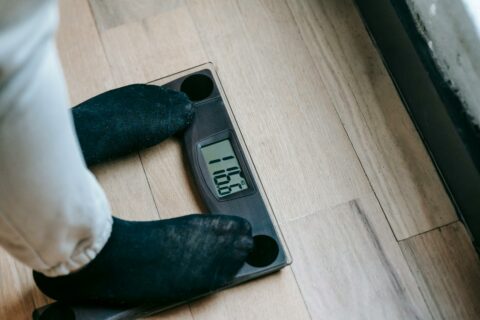
Seeking an “ideal racing weight” is a tactic many endurance athletes use to improve performance. Here’s how to find your fastest race weight—while avoid being too heavy or too light.
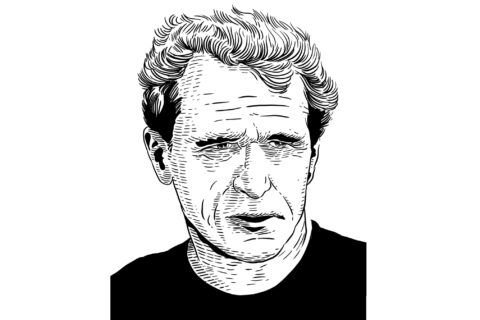
Legendary running coach Arthur Lydiard revolutionized the sport with his approach to periodized training. In the 1960 and 1964 Olympics, his athletes rose to prominence, putting his 100-mile training week on the radar of running coaches worldwide.
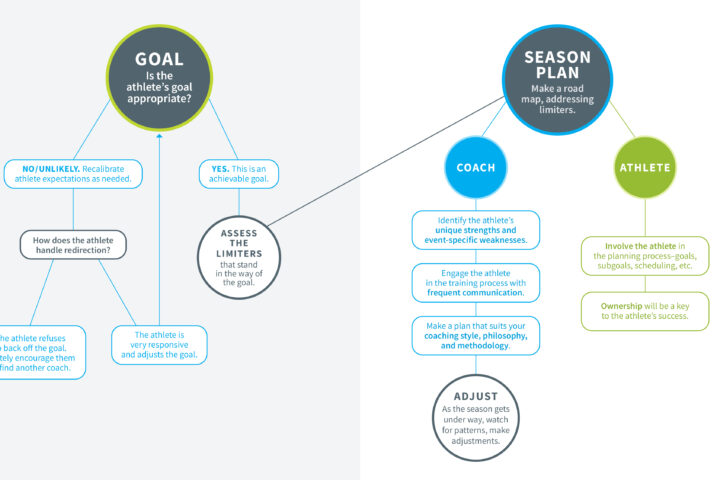
Goal assessment and season planning are two details you must attend to in taking on a new athlete.
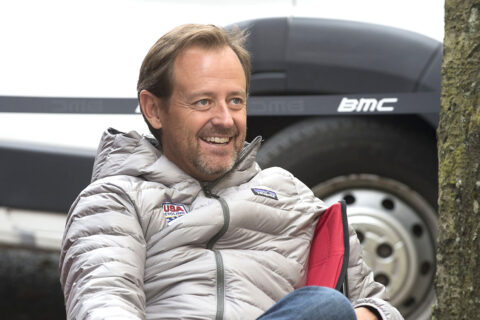
USA Cycling’s Jim Miller reviews everything a coach must take into account to prepare a training plan that cultivates both performance and longevity for the athlete.

Mary is in search of building a big aerobic fitness base for Ironman-distance racing. Ultimately, she has wants to qualify for Kona and she believes Alan Couzens is the coach who can help her make that dream a reality.

There’s plenty of information to gather when deciding whether to take on a new athlete. Coach Alan Couzens responds to Mary to learn more about her training history and lifestyle.
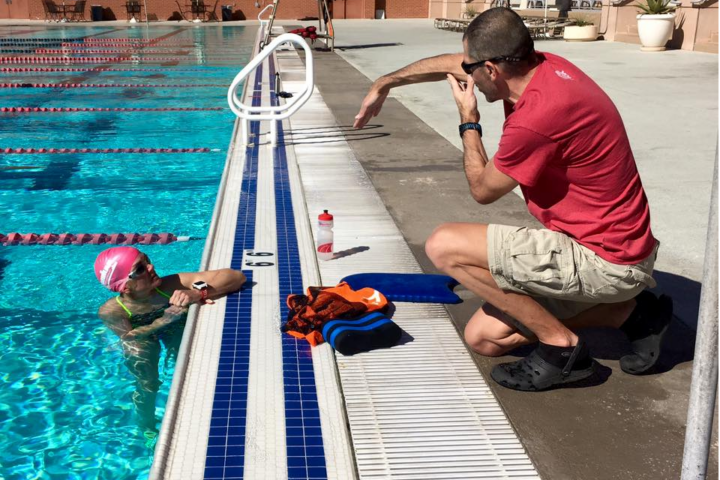
Athletes often underestimate the amount of fitness that they lose in tapering for, and recovery from, excessively frequent racing. This is especially true in Mary’s case where she is looking to make a significant jump in training load in order to properly prepare for the Ironman distance.
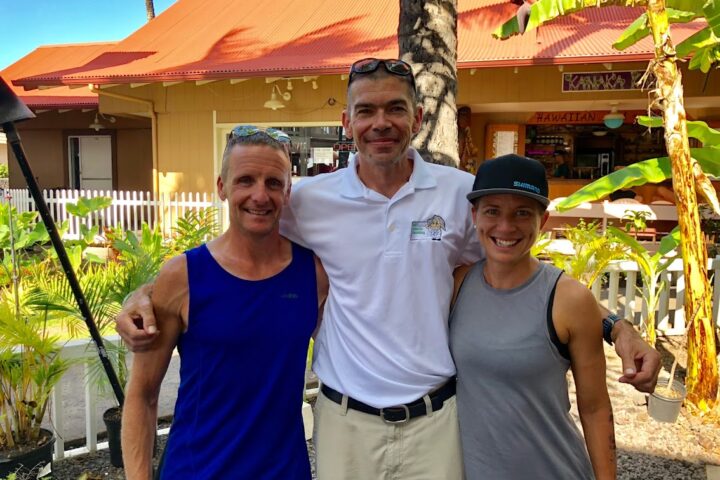
Get a better understanding of how Coach Alan Couzens plans to evolve Mary’s fitness and physiology in order to reach her season goal.